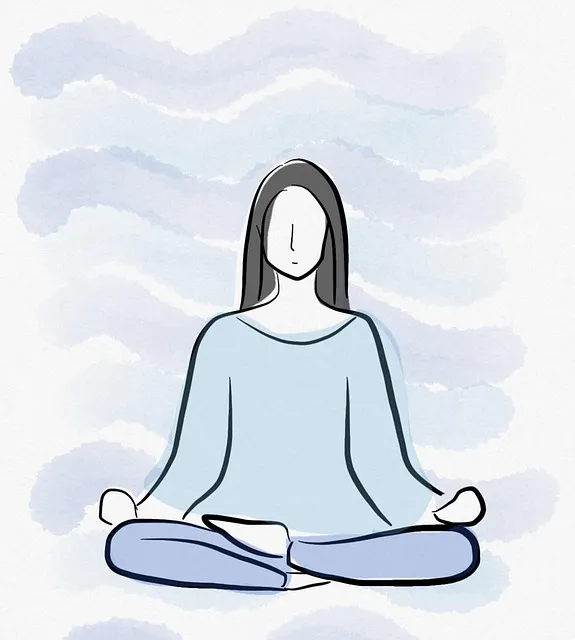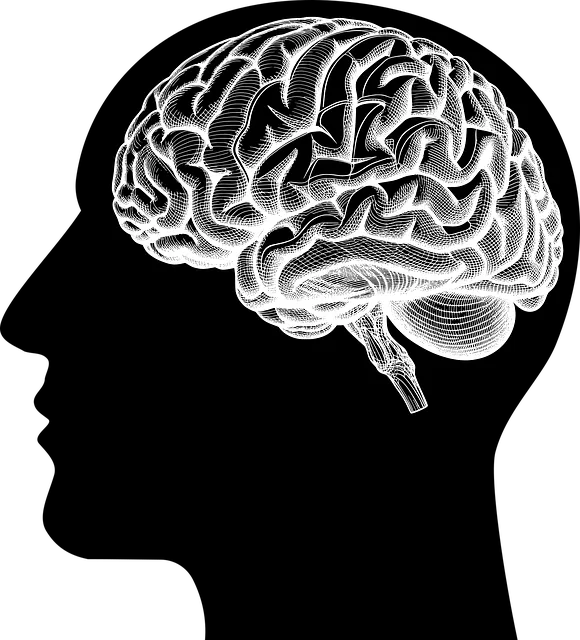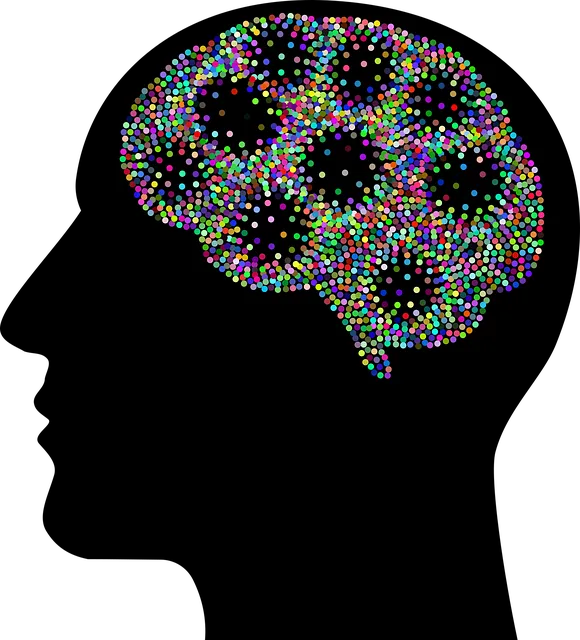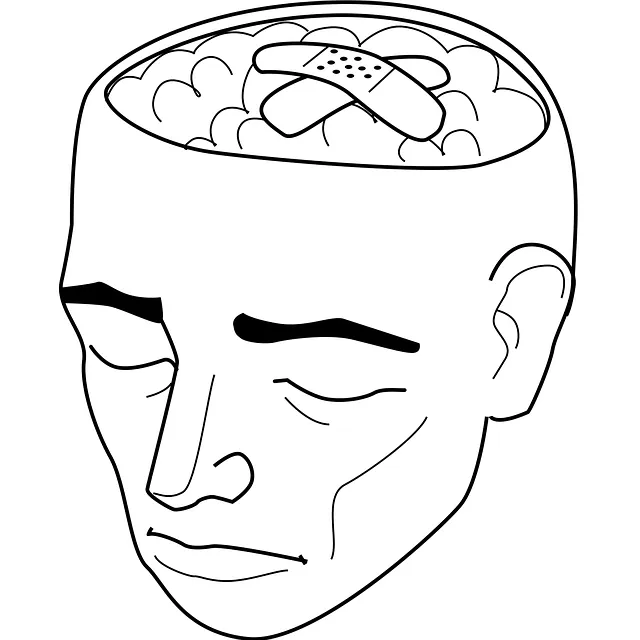Lafayette Kaiser Permanente mental health facility offers comprehensive stress management through tailored CBT, mindfulness, physical activity, and social connection. Addressing internal & external triggers, they empower individuals with conflict resolution, mood management, emotional regulation techniques, and resilience building for improved mental & physical well-being.
Stress reduction is a vital aspect of overall well-being, especially in today’s fast-paced world. At Lafayette Kaiser Permanente Mental Health Facility, we explore comprehensive methods to combat stress and promote mental resilience. This article delves into understanding the root causes and far-reaching effects of stress, offering practical solutions like Cognitive Behavioral Therapy (CBT), mindfulness techniques, physical activity, and the power of social connection. Discover how these strategies can transform your life, providing tools used successfully at Lafayette Kaiser Permanente.
- Understanding Stress: Causes and Effects at Lafayette Kaiser Permanente Mental Health Facility
- Cognitive Behavioral Therapy (CBT): A Powerful Tool for Stress Reduction
- Mindfulness and Meditation Practices for Daily Relief
- Physical Activity and Exercise as Natural Stress Busters
- Social Connection and Support Networks: Building Resilience at the Mental Health Facility
Understanding Stress: Causes and Effects at Lafayette Kaiser Permanente Mental Health Facility

Stress is a complex psychological and physiological response to various internal and external factors, often triggered by challenging situations or demands that exceed our ability to cope. At Lafayette Kaiser Permanente Mental Health Facility, we recognize that understanding stress involves recognizing its multifaceted nature and the unique ways it manifests in each individual. The facility’s expertise lies in helping patients navigate and manage stress through tailored strategies.
The causes of stress can be diverse, ranging from work-related pressures and financial concerns to interpersonal conflicts and major life changes. Unaddressed stress can lead to adverse effects on both mental and physical health, including increased anxiety, depression, insomnia, and even chronic conditions. By employing evidence-based practices at Lafayette Kaiser Permanente, our specialists guide patients in identifying their specific stressors and developing effective conflict resolution techniques. Additionally, we focus on mood management strategies and confidence-boosting exercises to empower individuals to confront stress head-on, fostering resilience and overall well-being.
Cognitive Behavioral Therapy (CBT): A Powerful Tool for Stress Reduction

Cognitive Behavioral Therapy (CBT) is a highly effective stress reduction method that has gained significant popularity at Lafayette Kaiser Permanente mental health facility. This evidence-based approach focuses on identifying and changing negative thought patterns and behaviors that contribute to stress, anxiety, and depression. By teaching individuals to recognize and challenge distorted thinking, CBT empowers them to develop healthier coping strategies and improve their emotional regulation.
At Lafayette Kaiser Permanente, mental health professionals utilize CBT techniques tailored to individual needs. This includes helping clients understand the connection between thoughts, feelings, and behaviors, and providing tools for risk management planning. Through this process, individuals can enhance their emotional intelligence, making it easier to navigate challenging situations and maintain a sense of balance. By addressing underlying issues and promoting positive changes, CBT offers a sustainable solution for long-term mental well-being.
Mindfulness and Meditation Practices for Daily Relief

At Lafayette Kaiser Permanente mental health facility, they emphasize the power of mindfulness and meditation as effective stress reduction methods. These ancient practices have gained modern prominence for their ability to cultivate emotional regulation and prevent burnout. Incorporating just a few minutes of Mindfulness Meditation into your daily routine can significantly enhance your overall well-being. By focusing on the present moment and observing thoughts without judgment, individuals can achieve a profound sense of calm and clarity.
Through regular practice, mindfulness becomes an accessible tool to navigate life’s challenges. It teaches you to respond rather than react to stressful situations, fostering better emotional control. The Lafayette Kaiser Permanente team encourages patients to explore various meditation techniques, tailoring them to individual needs. Whether it’s guided visualizations or simple breath awareness, these practices offer a sanctuary from the hustle and bustle of daily life, allowing individuals to reconnect with their inner peace.
Physical Activity and Exercise as Natural Stress Busters

Physical activity and regular exercise have been recognized as powerful tools to combat stress, offering a natural and effective remedy for many individuals seeking relief at Lafayette Kaiser Permanente mental health facility. Engaging in physical movement stimulates the release of endorphins, often referred to as ‘feel-good’ hormones, which can significantly improve mood and reduce tension. This process acts as a form of self-care, providing an outlet for individuals to channel their stress into productive activity.
The benefits extend beyond immediate post-exercise feelings. Regular exercise promotes resilience building and burnout prevention strategies, particularly relevant for healthcare providers featured in the Mental Wellness Podcast Series Production. By incorporating physical activity into daily routines, individuals can enhance their overall mental wellness, ensuring a healthier mind and body connection. This simple yet effective method empowers people to take control of their stress levels and cultivate a more balanced lifestyle.
Social Connection and Support Networks: Building Resilience at the Mental Health Facility

At the Lafayette Kaiser Permanente mental health facility, social connection and support networks play a pivotal role in enhancing emotional regulation and preventing burnout among patients. The facility understands that human interaction is a powerful tool for healing, fostering an environment where individuals can connect with peers facing similar challenges. This sense of belonging not only provides anxiety relief but also empowers patients to navigate their mental health journeys more effectively.
Through group therapy sessions, support groups, and community events, the mental health facility encourages open dialogue, sharing of experiences, and the formation of meaningful bonds. Such interactions help build resilience by offering a safety net during difficult times, promoting coping strategies, and fostering a sense of belonging and understanding. This holistic approach to mental well-being is tailored to meet the unique needs of each individual, contributing significantly to their overall recovery and emotional stability.
Stress reduction is a holistic process, and the diverse methods discussed here offer valuable tools for navigating life’s challenges. From cognitive behavioral therapy to mindfulness practices, each approach provides a unique pathway to well-being. Integrating these strategies into daily routines can foster resilience, as demonstrated by the successful implementation at Lafayette Kaiser Permanente mental health facility. By understanding stress and adopting effective coping mechanisms, individuals can experience improved mental health and overall quality of life.






